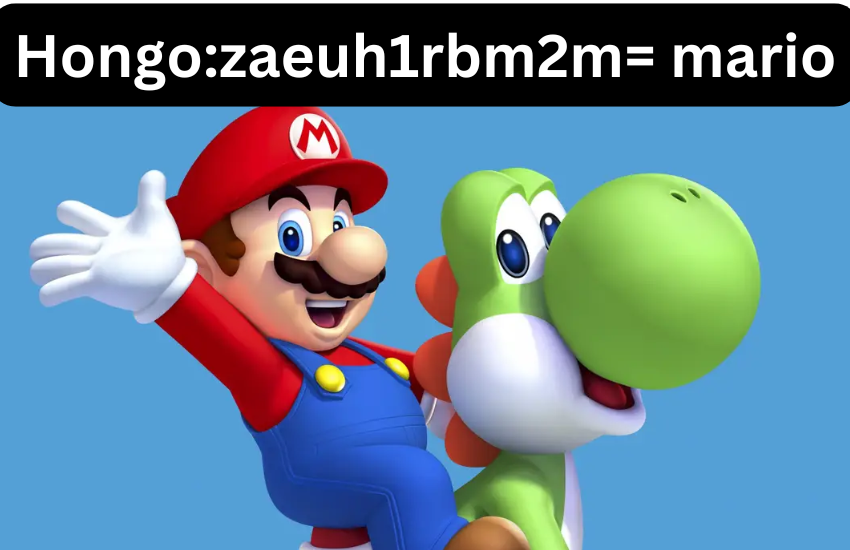A Munchkin kitten for sale is a wonderful addition to any family. They are intelligent, friendly, and highly social creatures. They thrive when they are given plenty of playtime and love.
Although Munchkins are healthy cats, the genetic mutation that gives them their short legs can lead to skeletal problems. This can result in pain and difficulty moving.
Characteristics
Munchkins are sociable cats that love to be around their humans and like to play with them. These kittens also enjoy a good amount of mental stimulation, so they benefit from having enrichment toys in their home. They tend to be curious and nimble, so they can easily climb on furniture and window perches.
They can get along well with children and other pets, but it is important to supervise them around small animals. They may have a slight tendency to scratch surfaces, but it is easy to redirect this behavior by training and providing appropriate alternatives.
These cats are prone to spinal issues caused by their distinctive leg mutation, but responsible breeding practices can minimize these concerns and help them live long lives. They should also be visited by a veterinarian regularly to catch any diseases early. Moreover, they are a great choice for people who prefer to have indoor cats. This is because they do not require a lot of outdoor space to exercise.
Health concerns
The Munchkin cat is a healthy breed with an average lifespan of 12 to 15 years. They enjoy interactive play and bond well with their humans. Ideally, they should live in households with children and other pets. Despite their short legs, they can jump on elevated surfaces.
Like all other pedigree breeds, Munchkins may be prone to certain health concerns. Responsible breeding and routine veterinary checkups help minimize these risks. DNA tests can help detect hereditary diseases before they become a problem.
They are also prone to a spinal condition called lordosis, which causes the muscles in the spine to grow short, causing the spine to sink down. This can range from mild to severe and cause pain, if not corrected. They can also suffer from a condition called Pectus Excavatum, which leads to a funnel-shaped chest and can interfere with breathing. This is caused by a genetic mutation and can be prevented by neutering or spaying at an early age.
Feeding requirements
While Munchkins do not tend to eat as much as other cats, they require a high-quality kitten food that is formulated to meet their nutritional needs. This food should include adequate protein to help the kittens develop their muscles.
They should also be provided with a variety of toys to keep them entertained, as they enjoy playing and climbing. Because they have short legs, it is important that you provide them with cat trees that have lower entry points and stairs to make accessing higher areas less stressful.
Munchkins do well with other cats and even some dogs, but they should be introduced to these animals in a controlled environment to avoid fights or accidents. They do not have a strong prey drive, so they can usually hold their own against smaller pets.
They are typically active and enjoy spending time with their human companions. Regular health check-ups are recommended, and any changes in behavior or appetite should be addressed immediately.
Care requirements
Munchkins are generally healthy, but their unique body structure can make them susceptible to some health concerns. These include lordosis and pectus excavatum, which affect the spine and can cause breathing problems. Regular veterinary check-ups are important to ensure your Munchkin is in good health, and any abnormal changes should be promptly addressed.
These cats are active and require plenty of play time. They may also have hoarding tendencies, so it’s important to keep an eye on their items to prevent them from accumulating too much.
The typical monthly costs of owning a Munchkin are around $100 to $150, including food, litter, toys, flea and tick treatments, cat insurance, grooming, and a cat bed. However, you can cut these costs significantly by using items from around the house to make DIY cat toys. For example, you can use paper towel rolls and fabric scraps to create fun cat toys for your Munchkin. You can also save money on food by switching to a cheaper pet food brand.



